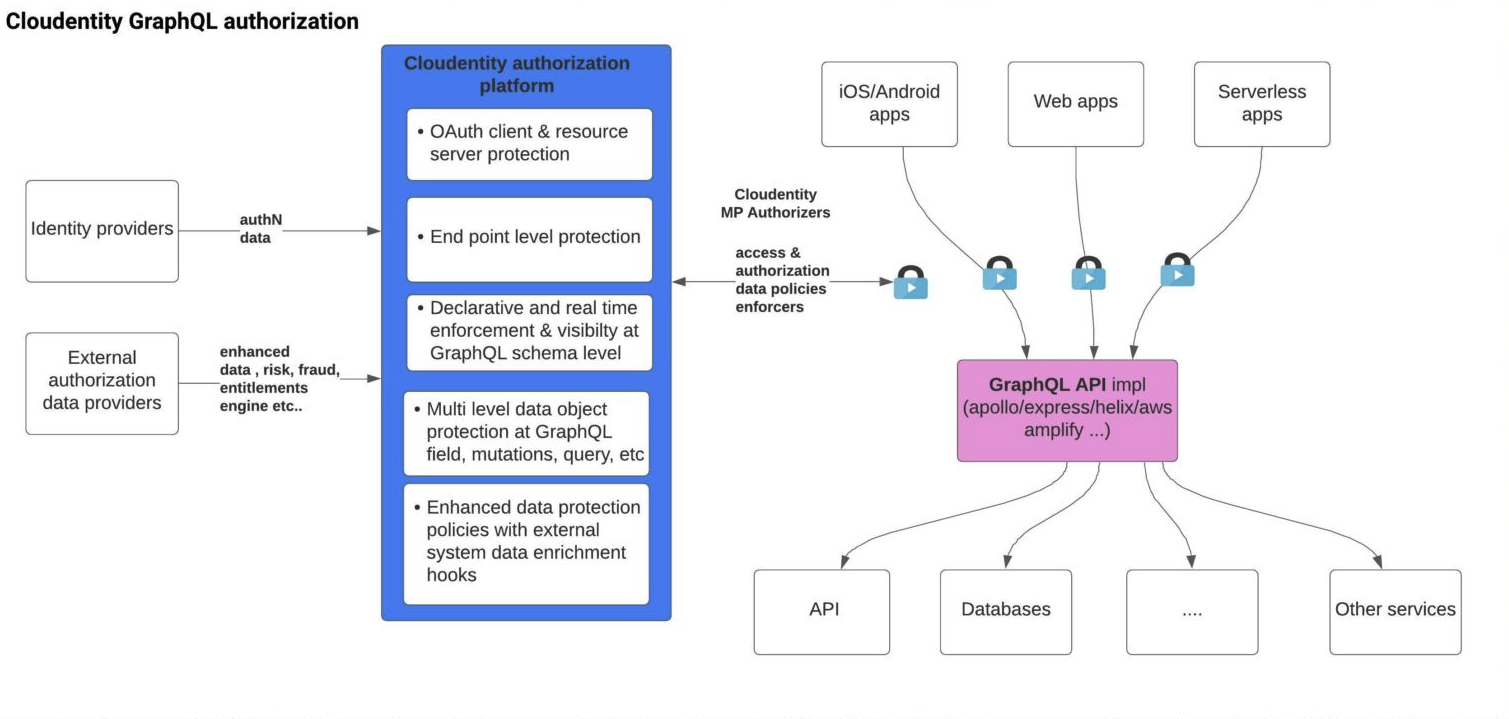Cloudentity adds GraphQL support to its API access control platform
Cloudentity released GraphQL support capabilities that secure GraphQL application programming interfaces (APIs).

This expanded capability accelerates development; allowing developers to build the API technology best suited for their application and release APIs more securely. It enables centralized policy management and distributed protection against data leakage, API cyberattacks, and broken object vulnerabilities at the edge.
GraphQL adoption continues to double year-over-year within the developer community, and it’s estimated that millions of developers will use GraphQL for projects over the next few years. This widespread adoption is spurred by the user-friendly description of data in APIs that GraphQL provides. While GraphQL APIs accelerate application development, save time and resources, and improve the developer experience, they also create new security risks and challenges for API data leakage.
Cloudentity’s GraphQL API support is provided by the company’s SaaS platform, which provides automated and intelligent authorization policies across an organization’s APIs and data. Cloudentity’s SaaS solution enables organizations to provide a Zero Trust security approach for APIs through service identity externalized fine-grained authorization, privacy consent and personal data exchange enforcement at cloud-scale.
“With the increase in development teams using GraphQL to accelerate time-to-market for applications, it’s absolutely critical that each API follows Zero Trust principles from authentication to authorization to mitigate the risk of vulnerable, leaky APIs,” said Nathanael Coffing, CSO and co-founder of Cloudentity. “Our mission is to enable organizations to easily protect every API and data request. Our GraphQL support demonstrates Cloudentity’s commitment to providing leading-edge API authorization and access control solutions that meet the evolving needs of enterprises today.”
Cloudentity GraphQL support is available now to customers using its SaaS authorization platform.